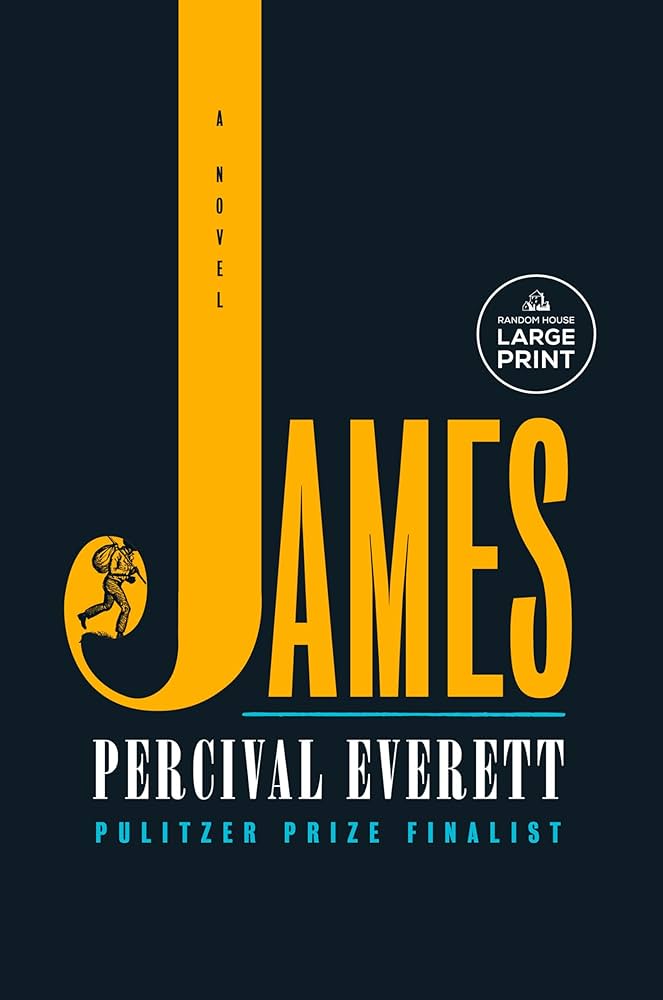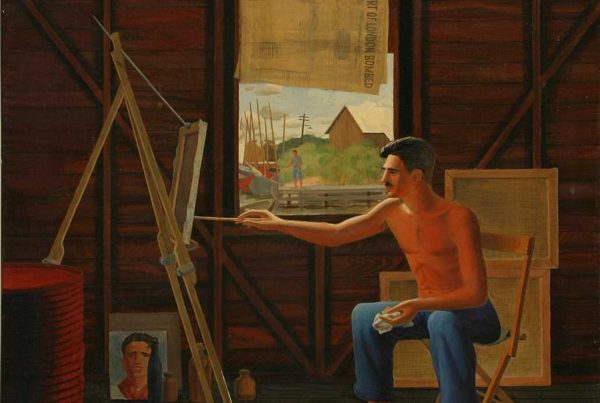The summer heat is very much upon us, and there’s no better time to crack some spines on your favorite stretch of beachfront. We asked Mitch Kaplan of Miami institution Books & Books for his latest recommendations, which include a ‘60s memoir from one of our top historians and a bold reinvention of a Mark Twain classic.
FICTION
James: A Novel by Percival Everett

For all of its well-earned status as a watershed moment for coming-of-age literature, Mark Twain’s Adventures of Huckleberry Finn is also a product of its time, trading in racial stereotypes that are hardly, by our and most standards, enlightened. If it’s long overdue for a correction, best-selling author Percival Everett has certainly provided readers with one. James: A Novel reimagines the story from the enslaved Jim’s point of view, granting him the agency, intelligence and compassion he has always deserved. Everett’s bold concept envisions familiar scenarios from Twain’s novel through a witty and candid, but no less adventurous, postmodern spin. Its author is having a moment right now, as his 2001 book Erasure formed the basis of last year’s Academy Award-winning feature “American Fiction.” Keep that momentum going by picking up a copy of James.
Victim: A Novel by Andrew Boryga

Speaking of “American Fiction,” Everett’s satire seems to share some DNA with this debut novel from Miamian Andrew Boryga, a prizewinning writer who has been published in the New York Times and The New Yorker. It’s set in the author’s familiar worlds of academia and publishing, and centers on Javi Perez, a hustler from the Bronx who decides to exploit his less-than-ideal upbringing—he was raised by a cash-strapped single mother, and witnessed his mostly absent, drug-dealing father die in front of him when Javi was 12—to college-admissions gold. Realizing that he is society’s idea of a “victim of systemic oppression,” Javi reinforces and ultimately begins to manufacture said victimhood to achieve his aims of becoming a successful writer. Blurring lines between the victim and the victimized, Boryga’s smart and lacerating novel has been praised by the New York Times as “energetic and deeply satisfying.”
NONFICTION
An Unfinished Love Story: A Personal History of the 1960s by Doris Kearns Goodwin


Presidential historian Doris Kearns Goodwin has ascended to the top of her field by telling, with accuracy and fly-on-the-wall vividness, the stories of others. This time, she turns her focus partly inward, in this combination of biography, memoir and, yes, presidential history. The author’s husband, Richard “Dick” Goodwin, a speechwriter for Robert Kennedy, died in 2018. But one of the couple’s final projects together was the unearthing of some 300 boxes of letters, diaries, documents and memorabilia that Dick spent half a century preserving. An Unfinished Love Story is the result of this last intellectual adventure, which sheds new light on the powerful figures that shared the Goodwins’ orbit: John F. and Jackie Kennedy, Martin Luther King Jr., Robert Kennedy, Eugene McCarthy and Lyndon Johnson among them. Goodwin, no stranger to South Florida, and having appeared at numerous Festival of the Arts Boca programs, will speak at Temple Beth Am in Pinecrest this coming Monday, May 13, to promote the book.

Google “new American civil war” or similar phrasing, and think piece after think piece will pop up, all of them scary, all of them unthinkable 20 years ago. Even a major motion picture—and a very good one, I might add—has cashed in on the speculative fiction of another divided United States. So it’s a frighteningly relevant time to explore the inchoate burblings of the original American Civil War, the subject of the latest page-turner from best-selling historian Erik Larsen (The Splendid and the Vile). Its subject, sprawled across nearly 600 pages, is an eye blink in American history—the five-month span from Abraham Lincoln’s election in 1860 to the Confederacy’s shelling of Fort Sumter—but its ramifications would lead to a house divided, four years of war, and some 750,000 dead soldiers. Focusing on key figures such as Major Robert Anderson, commander of Sumter; Edmund Ruffin, a chief secessionist radical; and President Lincoln’ struggles against men in his own cabinet; Larsen’s story is both history lesson and, in today’s fractured environment, cautionary tale.
For more of Boca magazine’s arts and entertainment coverage, click here.







